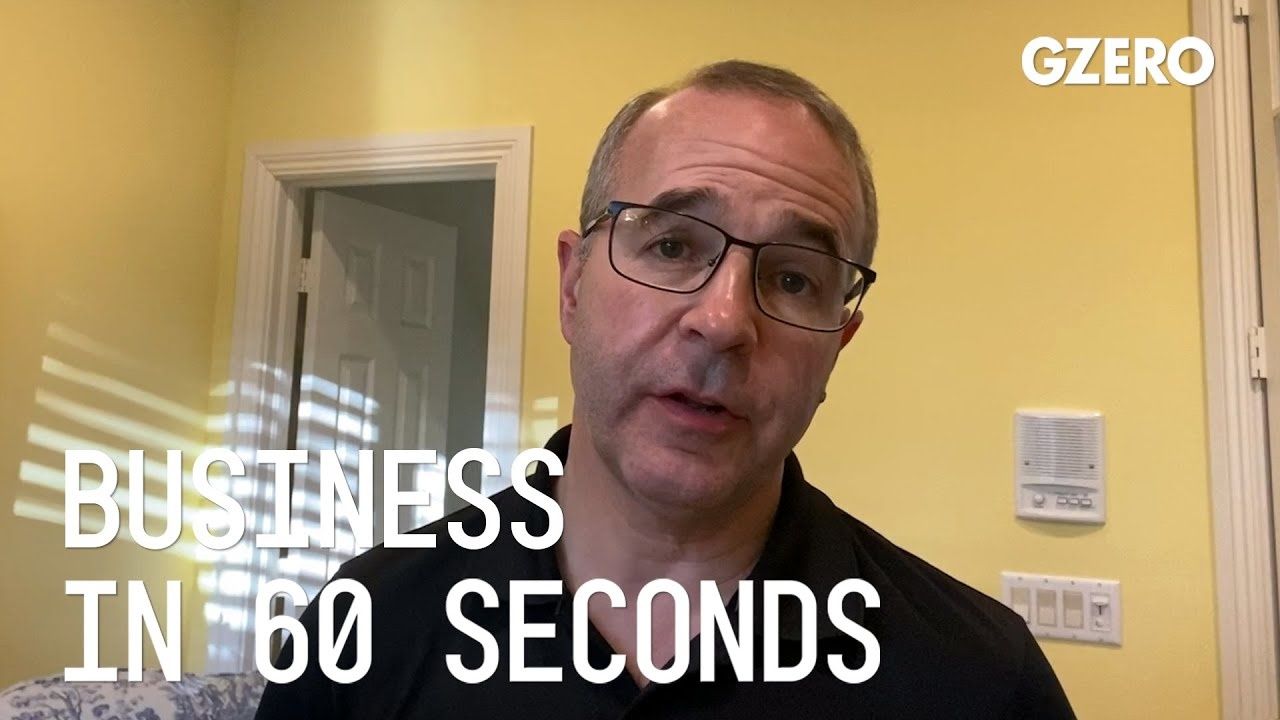
Kevin Sneader, global managing partner for McKinsey & Company, provides perspective on what corporate business leaders are thinking during the global coronavirus crisis:
While confronting challenges due to coronavirus, what advice are business leaders turning to you for?
The first, stop giving me scenarios. Tell me what's going to be consistent across scenarios so I can engage in meaningful planning. Second question, how long will this last? When is it going to be over? I don't seem to be able to plan for anything at moment because I simply don't know the duration of this black swan event. And the third question, which I consistently hear is, tell me just how to survive? I'm in the hospitality sector, could be any other sector, and yet my businesses, we are underwater. What is the future? Now each of these questions is not straightforward to answer. And so, I hate to be the one in this Business In 60 Seconds saying instead of answers, we have questions. But that's where the world is today. And I look forward to future editions sharing answers rather than questions.